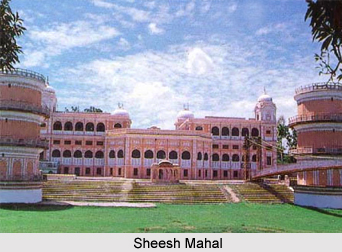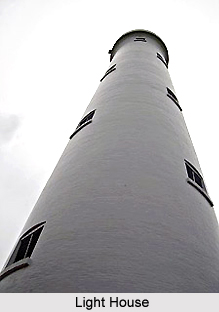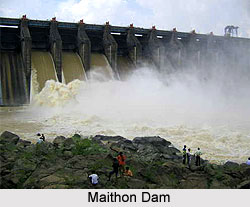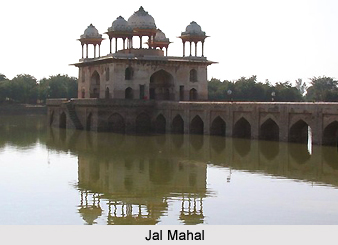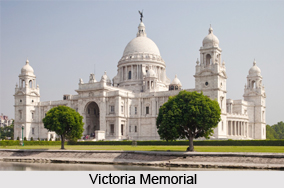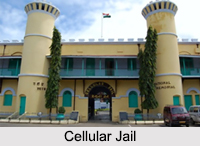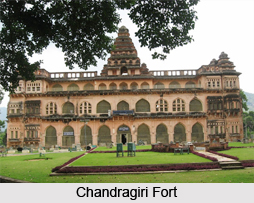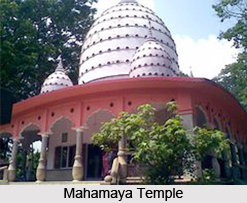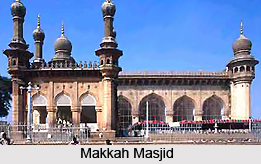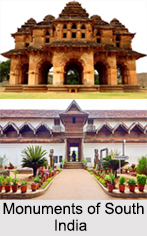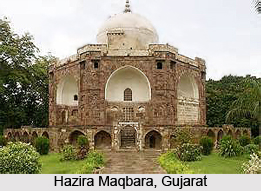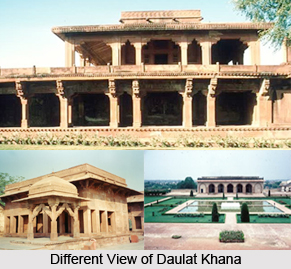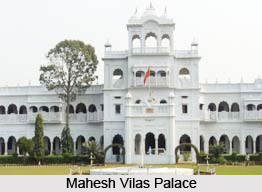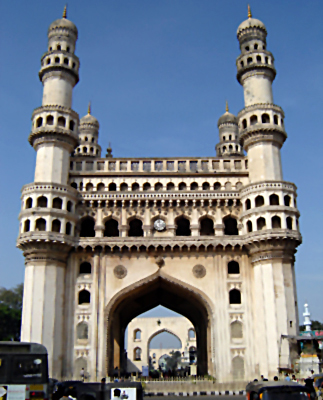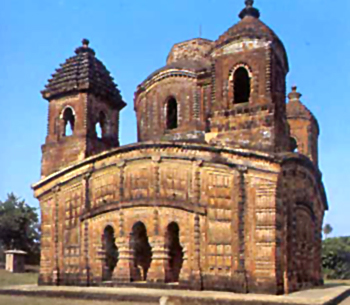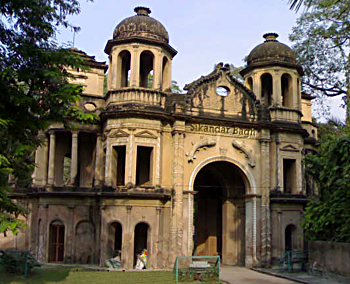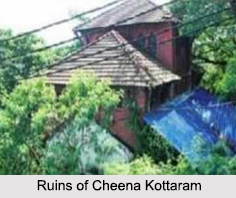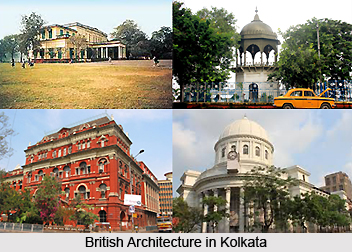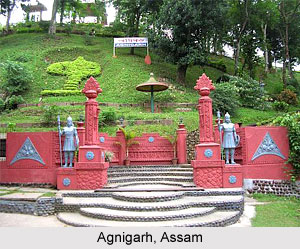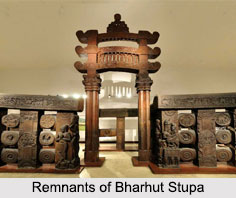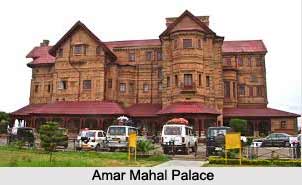 Palaces of Jammu and Kashmir are the cynosure to the national and international level tourists. These carry the glory of dictatorial era in Kashmir region from the ancient era to the British Governance in India and the ruins of Islamic architecture, which are highly patronised by the Hindu and Muslim Kings of Jammu and Kashmir. Some of the palaces are dotted with beautifully maintained gardens, lawns, musical fountains and water pools. Some of the palaces of Jammu and Kashmir are Gulab Bhavan, Amar Mahal Palace, Leh Palace, Mubarak Mandi, Sher Garhi Palace and many others.
Palaces of Jammu and Kashmir are the cynosure to the national and international level tourists. These carry the glory of dictatorial era in Kashmir region from the ancient era to the British Governance in India and the ruins of Islamic architecture, which are highly patronised by the Hindu and Muslim Kings of Jammu and Kashmir. Some of the palaces are dotted with beautifully maintained gardens, lawns, musical fountains and water pools. Some of the palaces of Jammu and Kashmir are Gulab Bhavan, Amar Mahal Palace, Leh Palace, Mubarak Mandi, Sher Garhi Palace and many others.
Amar Mahal Palace
Amar Mahal Palace is a palace in Jammu, in the Indian state of Jammu and Kashmir. It has now been converted into a Museum. Amar Mahal Palace was built in the nineteenth century for Raja Amar Singh, a Dogra king by a French architect on the lines of a French Chateau. Amar Mahal Palace donated to the Hari-Tara Charitable Trust by Dr. Karan Singh for use as a museum. This palace has many exhibits including a golden throne weighing 120 kg, Pahari miniature and Kangra miniature paintings, and a library of 25,000 antique books and many rare art collections of the time of Hari Singh times.
Gulab Bhavan
Gulab Bhavan is a palace in Srinagar of Jammu and Kashmir. Gulab Bhavan is a former residence of the Maharaja of Jammu and Kashmir from the Dogra dynasty. Gulab Bhavan lies in the eastern part of the city and overlooks the Dal Lake. The palace was built in 1910 by Maharaja Pratap Singh and has been further decorated by his successor, Maharaja Hari Singh. After the independence of India, Maharaja Hari Singh moved to Mumbai and the palace was converted into "The Grand Palace" hotel in the year 1956. Bharat Hotels took over the hotel in the year 1998. They restored the palace and extended it. In 2008, the hotel was reframed to Lalit Grand Palace Srinagar. 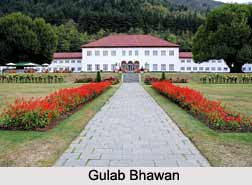
Leh Palace
Leh Palace is a former royal palace overlooking the Ladakh town of Leh. Leh Palace is modelled on the Potala Palace in Lhasa, Tibet. The palace of Leh was built by King Sengge Namgyal in 17th century. Leh Palace is nine storeys high; the upper floors accommodated the royal family, while the lower floors held stables and store rooms. Leh Palace was abandoned when Dogra forces took control of Ladakh in the mid 19th century, and the royal family moved to Stok Palace. The ruined palace is being restored by the Archaeological Survey of India. Leh Palace is open to the public and the roof provides panoramic views of Leh and the surrounding areas. The mountain of Stok Kangri in the Zangskar mountain range is visible across the Indus valley to the south, with the Ladakh mountain range rising behind the palace to the north. Leh Palace Museum holds a rich collection of jewellery, ornaments, ceremonial dresses and crowns. Chinese thangka or sooth paintings which are more than 450 years old, with intricate designs, retain bright and pleasing colours derived from crushed and powdered gems and stones
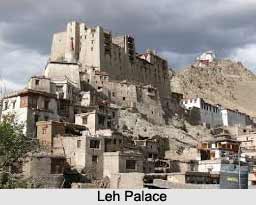 Mubarak Mandi Palace
Mubarak Mandi Palace
Mubarak Mandi Palace is a palace in Jammu and Kashmir. The palace was the royal residence of the king of Jammu and Kashmir from the Dogra dynasty. It was their main seat till 1925 when Hari Singh moved to the Hari Niwas Palace in the northern part of Jammu. Mubarak Mandi Palace is located in the heart of the old walled city of Jammu and overlooks the Tawi River.
Sher Garhi Palace
Sher Garhi Palace is a palace in Srinagar, the capital of Jammu and Kashmir. Sher Garhi Palace is the former residence of the Maharajas of Jammu and Kashmir from the Dogra Dynasty. The palace complex is located in the southern part of the city on the left bank of the Jhelum River. The complex of Sher Garhi Palace was constructed as a fortress and a palace by the Afghan governor Jawansher Khan in 1772. Sher Garhi Palace has been extended several times in the 19th century.
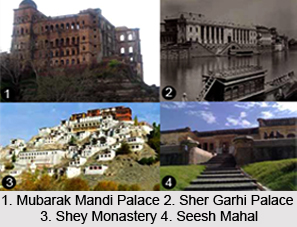 Shey Monastery
Shey Monastery
Shey Monastery or Gompa and the Shey Palace complex are royal structures. It is located on a hillock in Shey, 15 kilometres to the south of Leh District in Ladakh, northern India on the Leh-Manali road. Shey Monastery or Gompa was the summer capital of Ladakh in the past. Shey Monastery mostly in ruins now was built first in 1655, near Shey village, by the king of Ladakh, Deldan Namgyal, also known as Lhachen Palgyigon. Shey Monastery or Gompa was used as a summer retreat by the kings of Ladakh. Shey Monastery was also built in 1655 on the instructions of Deldon Namgyal, in the memory of his late father, Singay Namgyal, within the palace complex. Shey Monastery is noted for its giant copper with gilded gold statue of a seated Shakyamuni Buddha. Gautama Buddha is so named since Buddha was the hermit of the Sakya people who resided in the Himalayan foothills and their capital was Kapilvastu. It is said to be the second largest such statue in Ladakh.
Hari Niwas Palace
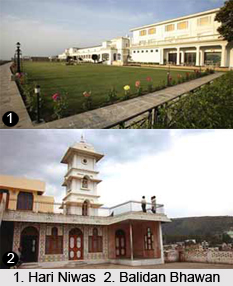 Hari Niwas Palace was royal residence of Maharaja Hari Singh, the last Dogra King of Princely state of Jammu and Kashmir. This historical architecture is located on the bank of River Tawi, just adjacent to Amar Mahal Palace. In 1990, the palace was converted into heritage hotel and now, it is looked after by Maharaja Kumar Ajatashatru Singh and Kumarani Ritu Singh, grandson and daughter-in –law of Maharaja Hari Singh.
Hari Niwas Palace was royal residence of Maharaja Hari Singh, the last Dogra King of Princely state of Jammu and Kashmir. This historical architecture is located on the bank of River Tawi, just adjacent to Amar Mahal Palace. In 1990, the palace was converted into heritage hotel and now, it is looked after by Maharaja Kumar Ajatashatru Singh and Kumarani Ritu Singh, grandson and daughter-in –law of Maharaja Hari Singh.
Sheesh Mahal
Sheesh Mahal of Ramnagar is a historical royal mansion of Jammu and Kashmir. It is located just adjacent to Ramnagar Fort in Ramnagar of Udhampur district. It was built by then king, Raja Ram Singh in 1885. The palace got its name Sheesh Mahal from its adorned mirror work and thus it also named as Palace of Mirror. The walls of the exquisite palace are ornamented with beautiful murals and paintings. Sheesh Mahal depicts the stories of Indian epics like Mahabharata and Ramayana.
Balidan Bhawan
Balidan Bhawan is one of the popular tourist attractions in Jammu and Kashmir. It is situated in Gujjar Mandi Chowk in the Rajouri Town. Balidan Bhawan is also known by the name of War memorial. It was built in the memory of the civilians who lost their lives during Indo-Pak War in 1947-1948. The battle took place during the festival of lights-Diwali.
